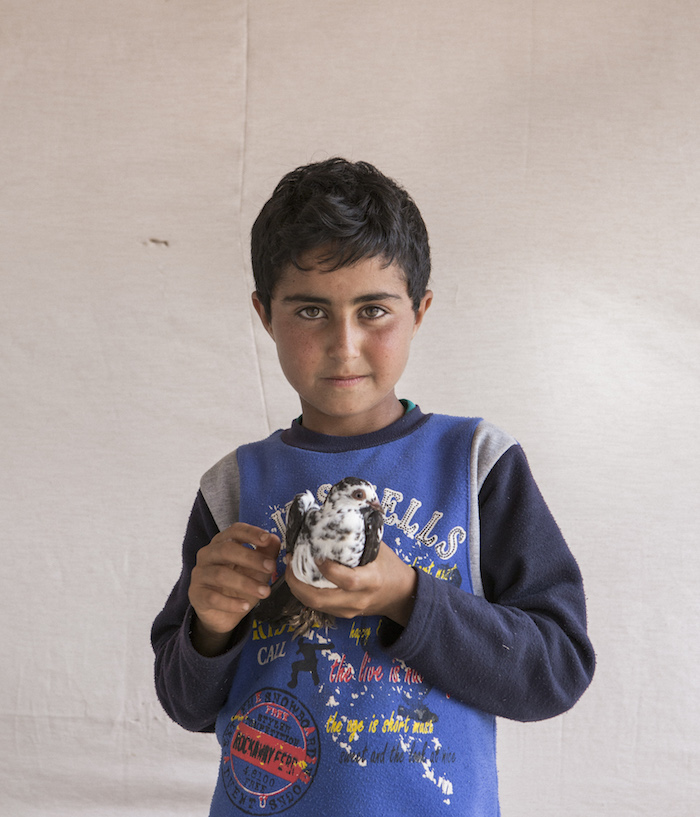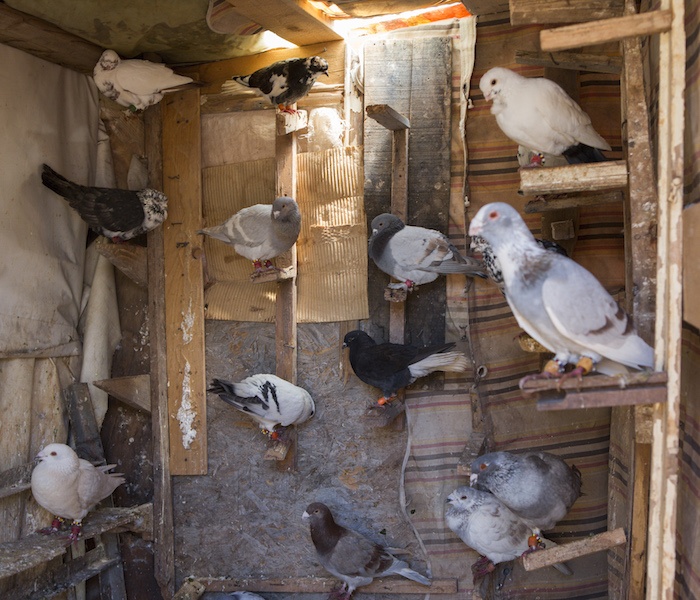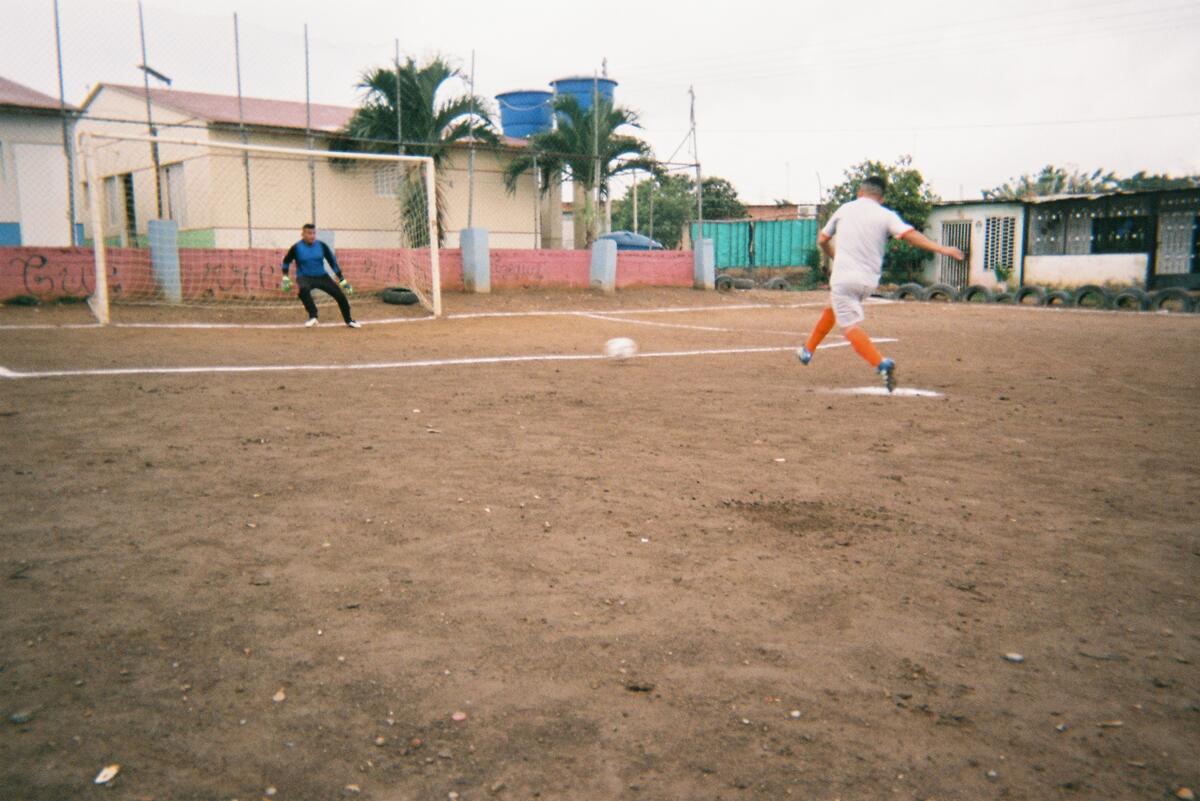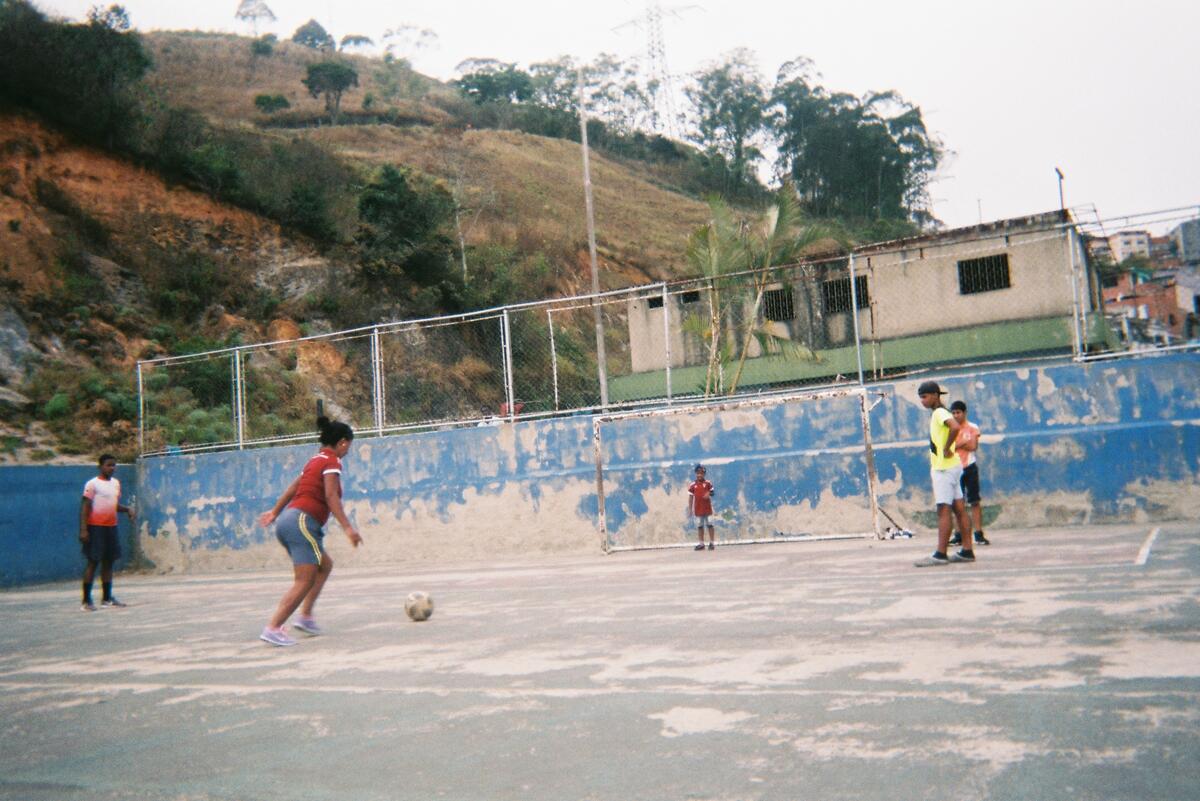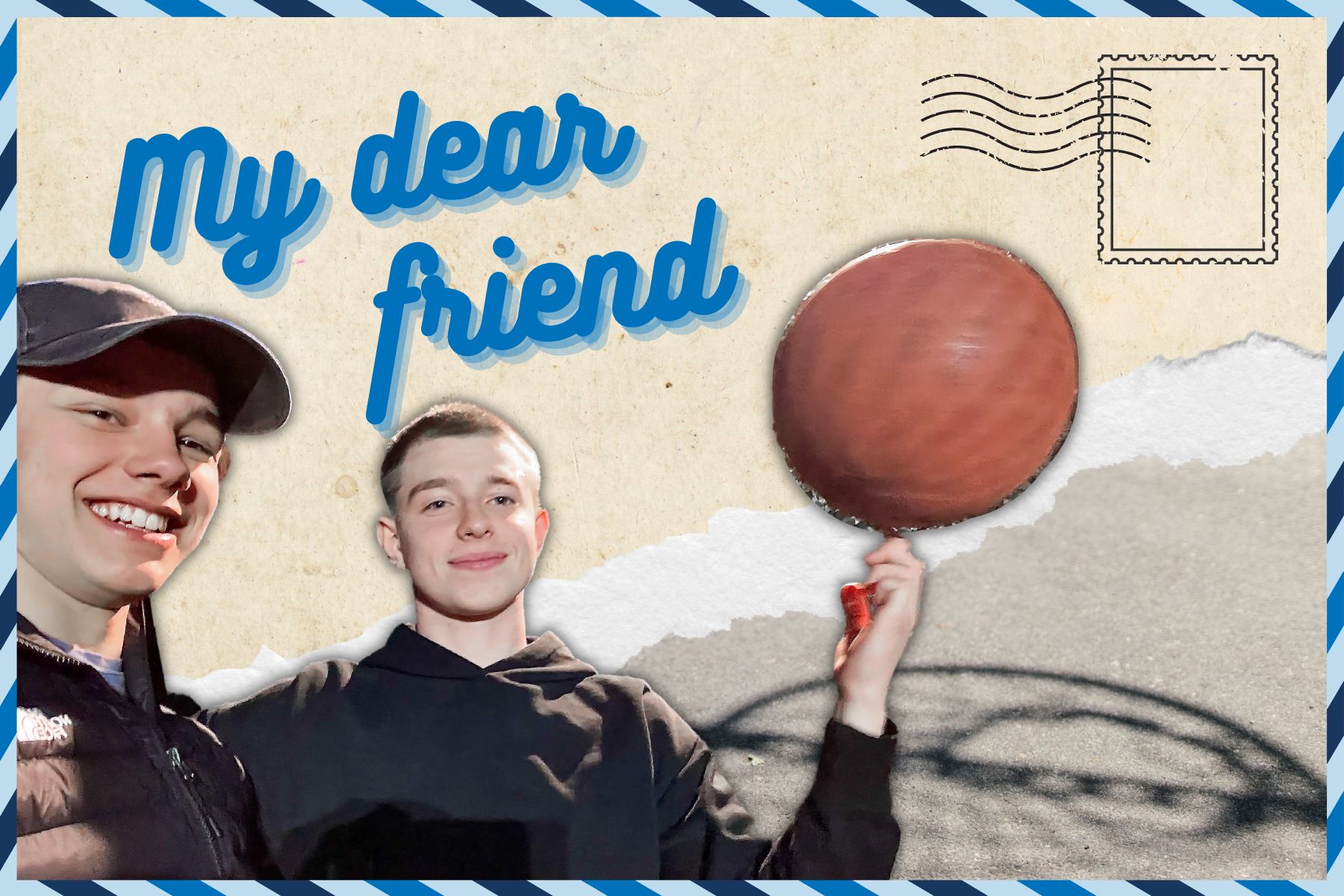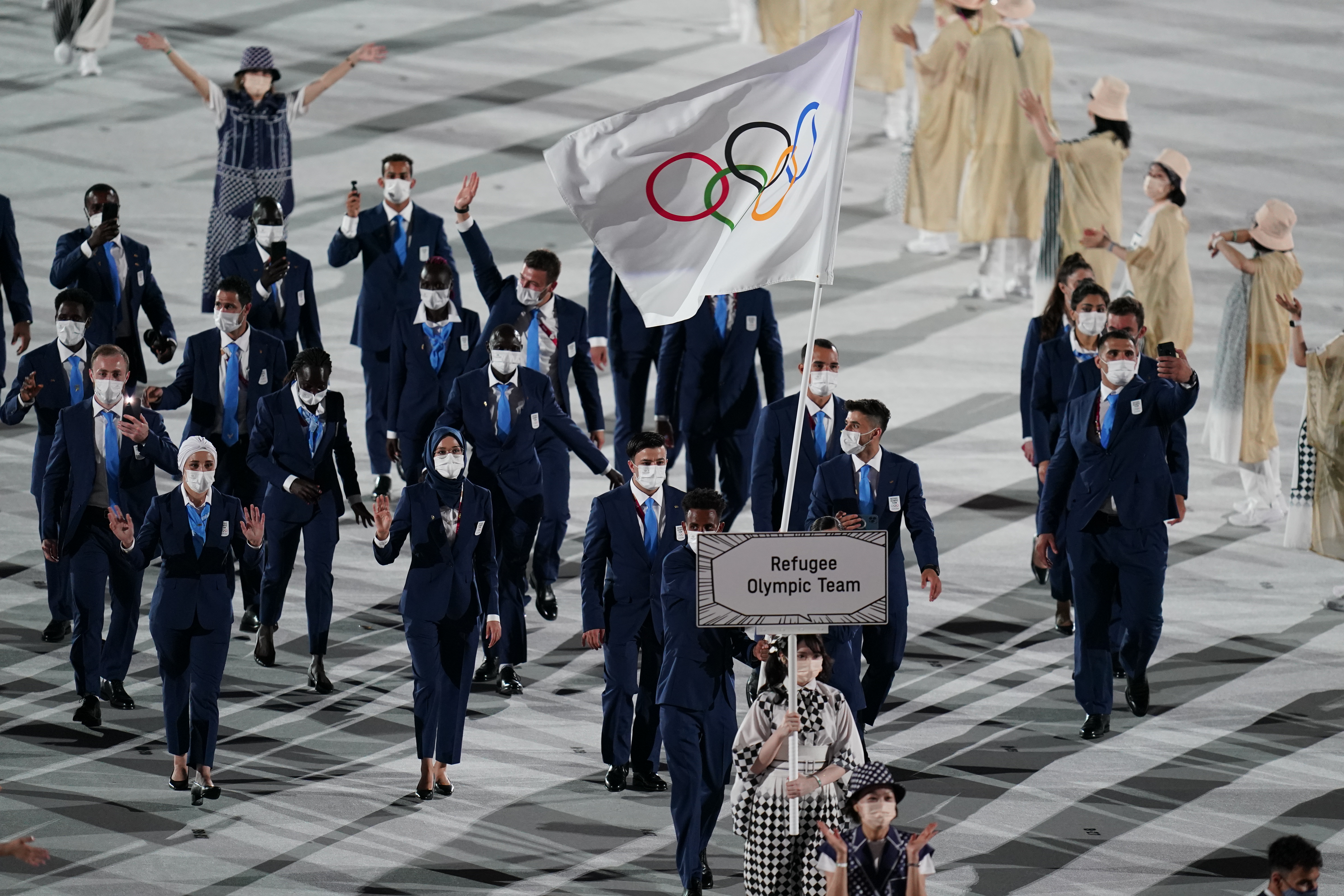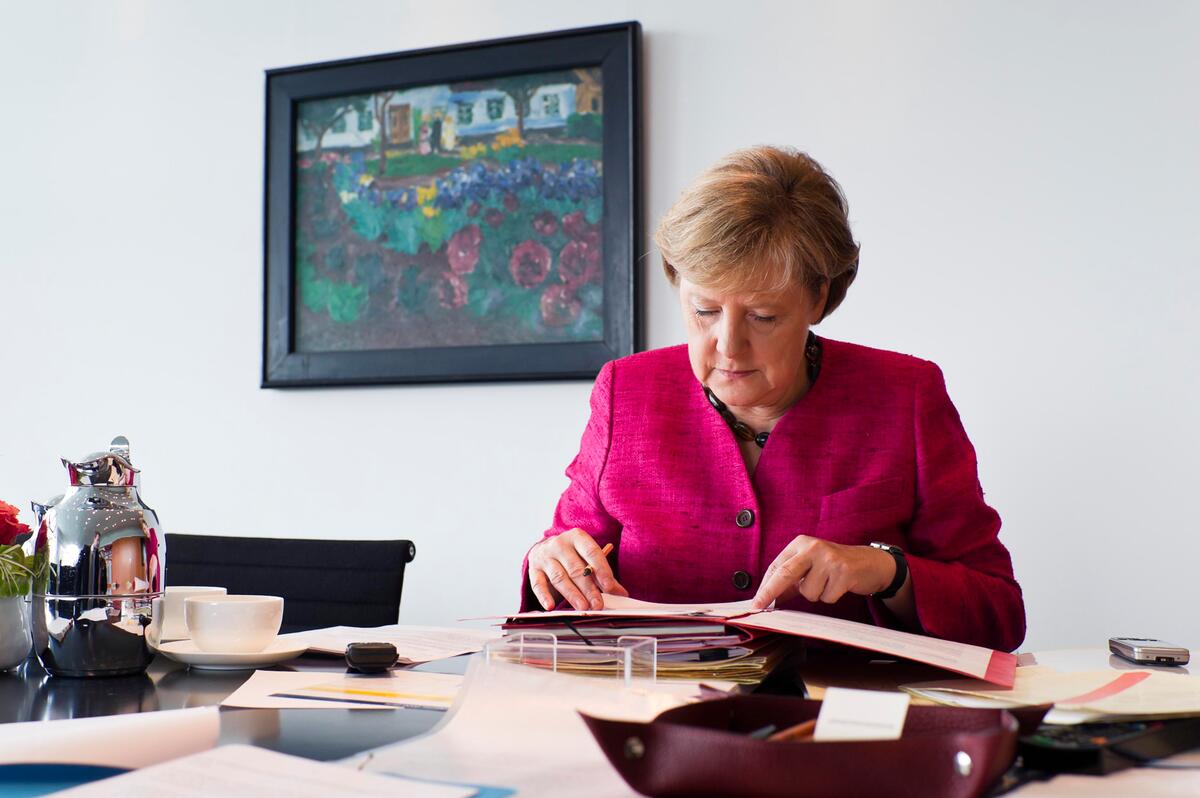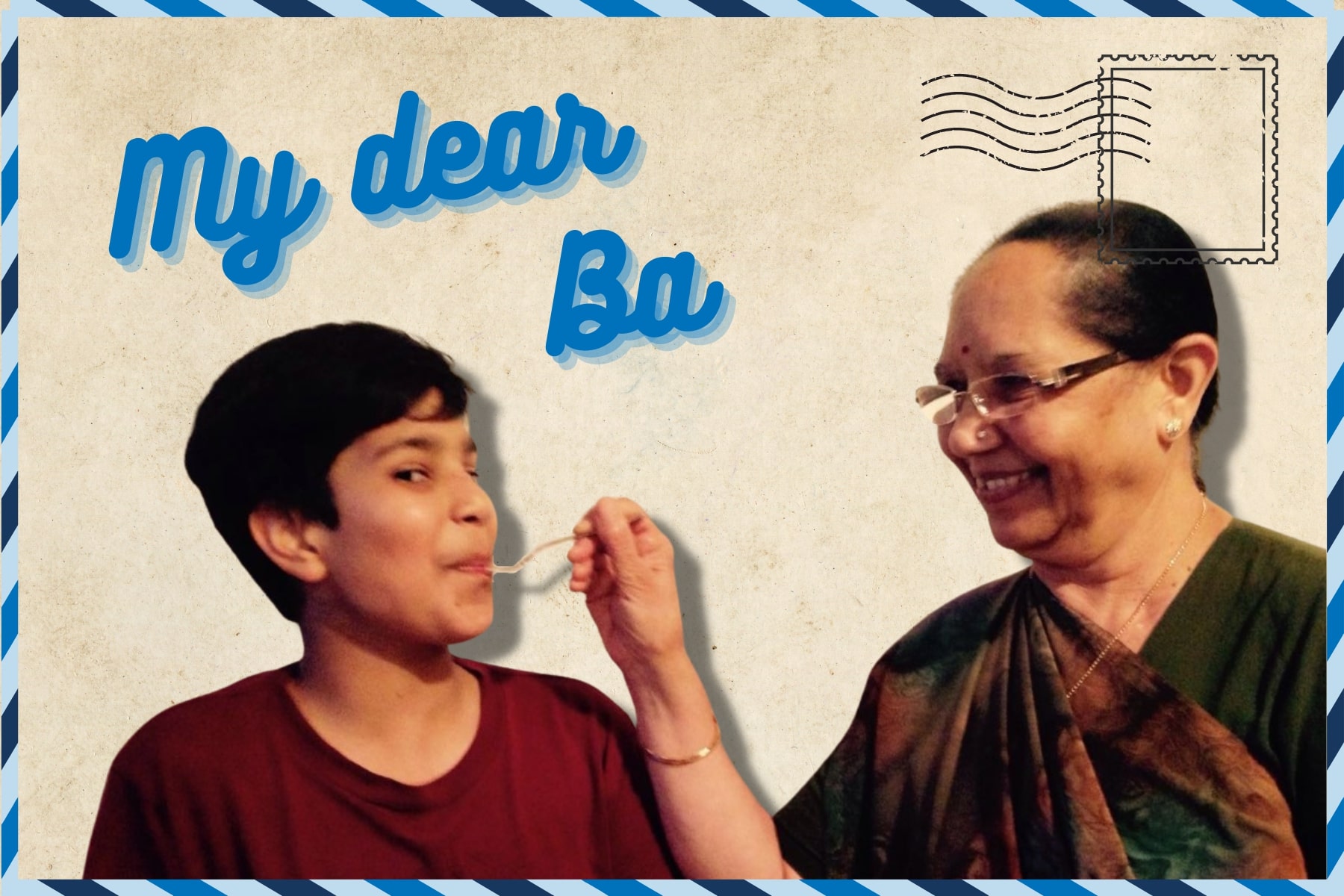The birds of peace

The birds of peace
Saleh puts his fingers to his lips and whistles, craning his neck skyward to search for his prize pigeons as they wheel in the sunlight. The birds respond, banking and coming in to land on the low roof of his family shack in this refugee settlement in southern Lebanon.
Saleh, 10, may be too young to carry a conversation or remember much about his home in Syria, from which he fled with his family four years ago. But he is old enough to commune with his flock. "He loves them," says his mother, Hiyam. "He doesn't want to do anything else."
He's not alone. In a settlement of some 165 Syrian refugee families, more than a dozen others are raising birds too. Some nearby refugee settlements are also breeding the birds. Their flocks are often seen overhead, wheeling against an azure sky.
The refugees are from Idlib, a mostly agricultural region in northern Syria known for its pigeon breeders. When war came more than four years ago, many fled for their lives to Lebanon. They were not able to carry much, but some chose a few prize pigeons and smuggled them over the mountains to safety.
Four years later, with little prospect of a return home, those birds have bred, the flocks have grown and the ancient tradition has found a new home, giving some refugees a final link to a past that is increasingly out of reach, before civil war engulfed Syria. While their owners are stuck in one place, the birds roam freely over a landscape of cedars and olive groves.
"I look at them and I remember home," explains 29-year-old Mahmoud, Saleh's older cousin. His favourite is a male 'green tail', now five years old, which he smuggled with him in a wooden crate on the back of a minivan across the mountain from Syria. "I will never let him go. You can put [him] anywhere in the world, and he would find his way back home."
"I look at them and I remember home."
Pigeon (or dove) breeding has ancient roots in the region, with northern Syria particularly renowned for the quality of its birds and the skill of its breeders. The birds are raised for sport and trade – a good breeding pair can fetch USD 350 – and Syrian bred birds are highly regarded. In settlements in Lebanon, as in Beirut and elsewhere, owners fly the birds in flocks, training them to return on established signals. Their feet are often decorated with bells and coloured plastic ribbon. Breeders here in Marj el Kokh settlement say their Syrian birds are exceptionally beautiful and talented.
Among them, 40-year-old Khaled is particularly committed to his flock. He managed to escape with 40 of his birds packed in wooden crates three years ago – his flock has now grown to 300. "I could not bear to live without them," he confides. "They are the first thing I think about in the morning after my wife and children, and the last thing at night."
Mahmoud, for his part, managed to take away just six birds, including the 'green-tail', in a single box. The rest, he says, were either killed or dispersed when a shell hit his home. His flock has grown to 25. Caring for the birds now is bittersweet, he admits. They remind him of home but also the fact that he cannot return.
Young Saleh started his flock two years ago after asking his father for a mating pair. At the time, there was no school for him to attend and he had seen his uncle raise the birds at home in Syria.
"I will never let him go. You can put [him] anywhere in the world, and he would find his way back home."
Today his flock has grown to 30. He keeps them in a small coop that his father built next to the family shelter – a smaller replica in scrap wood and plastic sheeting of his own home. Saleh's mother says his attachment for animals has grown stronger since he had to flee Syria. Because he does not attend school, he spends his days with the birds, whistling, planning their enclosure, feeding them. When the family gathers for tea in the evenings, he takes his cup out to the coop to be with his birds.
As part of its programs for refugees in Lebanon, UNHCR and its partners are providing Marj el Kokh and nearby settlements with sanitation, tent materials, food vouchers and other forms of material assistance. Traditions like the raising of birds fill another gap left in the lives of those driven by violence from their home. For now, their flight continues.

